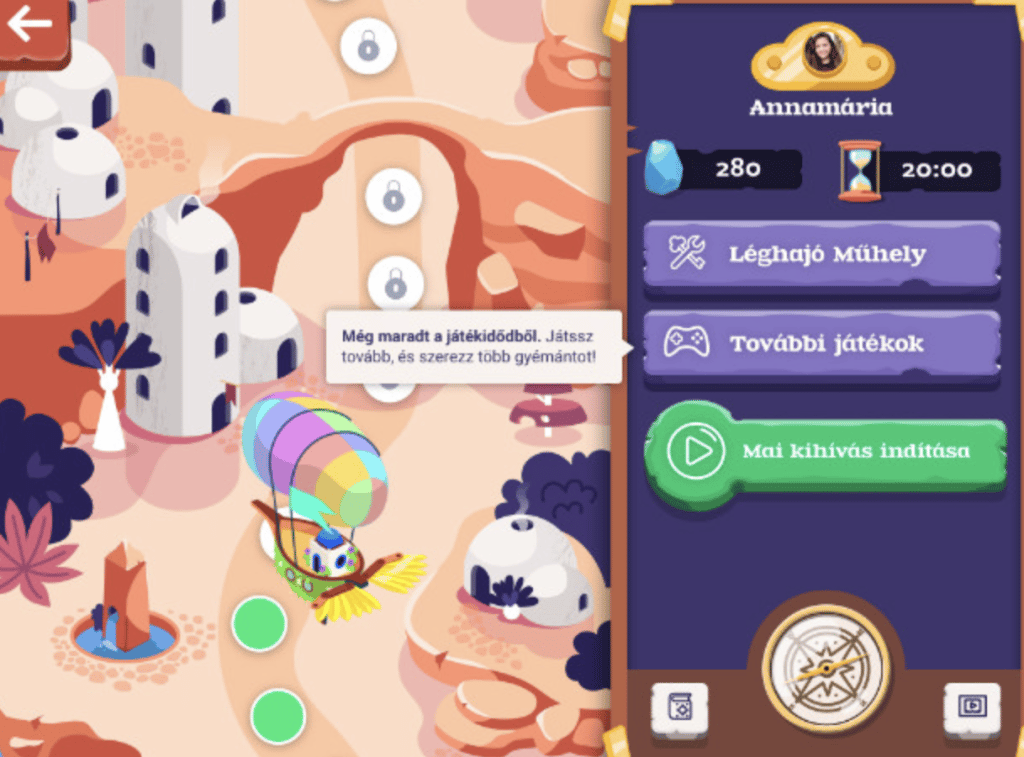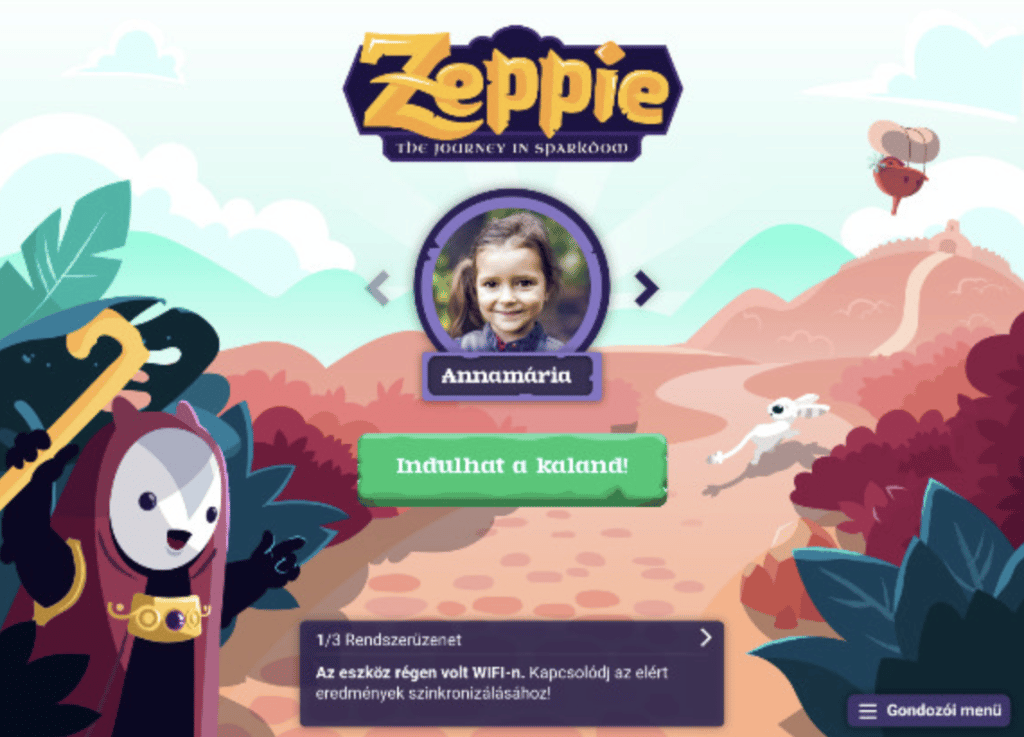State-of-the-art IT technologies help to assess children’s learning difficulties
Partial Skill Impairment: a term used to describe learning problems, primarily in childhood, that occur as a result of deficits in perception, movement, language, memory, attention and thinking processes and are based on problems with the functioning of nerves and muscles.
According to experts in developmental psychology, sub-skills disorders can take many forms: they can result in school performance problems: reading, writing, arithmetic, language and memory disorders, delayed speech development, some forms of stuttering and stammering, hyperactivity and attention deficit.
A clear consequence of these disorders is that they impede social development and adjustment, both in early childhood and in adolescence, regardless of intellectual level.
Therefore, the assessment of learning difficulties in childhood, and the development of skills based on the results, should be addressed for all those with mild or severe forms of these disorders. The good news is that subskill disorders can be significantly reduced through early identification and regular skill development.
To assess learning difficulties in children and to practice skill development tasks, Blackbelt Technology in Hungary has developed a unique game-based IT solution. The “Zeppie – In the Land of Sparks” system is an IT system that complements medical treatment by providing both a web-based administration system for doctors and a tablet-based testing and development interface for children with learning difficulties.

The Hungarian developer of Zeppie, Blackbelt Technology, together with its medical partner, analyzed the diagnostic and therapeutic process in detail and developed a solution that separates the diagnostic application used by doctors, the family application with development games used under parental supervision, the doctors’ administration interface, and the diagnostic and family development games, in order to work efficiently.
Naturally, Blackbelt Technology faced numerous challenges during development. Understanding, describing and then implementing the ideas in the minds of the physicians was the most important development task in the collaborative work. This required advanced teamwork skills, because in the initial meetings the consultant doctors and neuropsychologists provided a comprehensive, not fully structured body of knowledge from which the IT specialists had to define the framework for the development task.
The IT and graphical environment of computer games is evolving rapidly, so it was a major task to design the image of development games in a way that would appeal to a wider age group of children. Equally difficult was the task of determining where the games begin and end and which game comes after which in the development of partial dysfunctions.
As a medical system with sensitive patient data, it was important to achieve fast, simple yet secure authentication in the diagnostic application and the medical administration interface. “Overall, from a development point of view, the design of the Zeppie system was a complex challenge, but also a lot of fun. Furthermore, the fact that we are helping hundreds of doctors and thousands of children and young people was a particularly valuable goal for us,” said Róbert Sövegjártó, Managing Director of BlackBelt Technology, the company that developed the Zeppie system.
The development was implemented with the support of the National Research, Development and Innovation Office (NKFI), in the framework of the project KFI_16-1-2017-0507.
